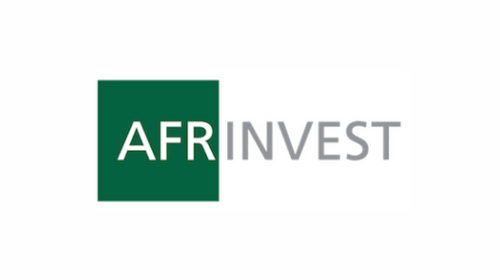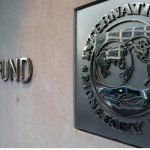Nigeria is expected to depend significantly on N6 trillion in domestic borrowing to manage budget shortfalls, according to a recent Afrinvest report titled *‘Bank Recapitalisation: Catalyst for a $1tn Economy’*. The report indicates that domestic borrowing will play a crucial role, making up 66.8% of the total financing needed.
“Budget shortfalls are expected to be financed by both domestic and external borrowings, with domestic sources contributing up to N6tn,” Afrinvest stated.
Despite achieving 7.6% higher-than-expected revenue, reaching N11.9tn, the report shows that government spending has risen sharply. Total expenditure grew by 31.8% year-on-year, hitting N18.8tn, leaving the country with a substantial budget deficit. The deficit has risen by 26.6% year-on-year to N6.9tn.
The report also highlighted Nigeria’s growing national debt. By the end of 2023, the Federal Government’s debt had climbed to N87.3tn, representing 89.7% of the nation’s total public debt.
Afrinvest expressed concerns over the 2024 budget, labeled as *‘Renewed Hope’*, arguing that it is based on overly optimistic revenue expectations, particularly from oil. The budget assumes a 43.9% revenue share from oil and minerals (N8tn), but Afrinvest considers this unrealistic due to persistent production challenges, including OPEC+ restrictions and output sabotage in the Niger Delta region.
“The 2024 budget was built on unrealistic assumptions. With OPEC+ capping output at 1.5 million barrels per day and oil-related loan collateralizations, the revenue targets are unlikely to be met,” Afrinvest warned.
Looking ahead, the firm projects that Nigeria’s fiscal deficit could surpass N13tn, with the total public debt expected to exceed N130tn by the end of the year. The debt-to-GDP ratio is projected to rise to 55% from 42.3% in 2023.
The banking sector is also at risk, with Afrinvest noting that attractive yields on government securities could lead to a diversion of funds away from bank deposits. This could affect the overall health of the banking sector, which may struggle to retain liquidity.
Afrinvest concluded that Nigeria’s heavy reliance on domestic borrowing underscores the urgent need for better fiscal management and more strategic economic planning.










